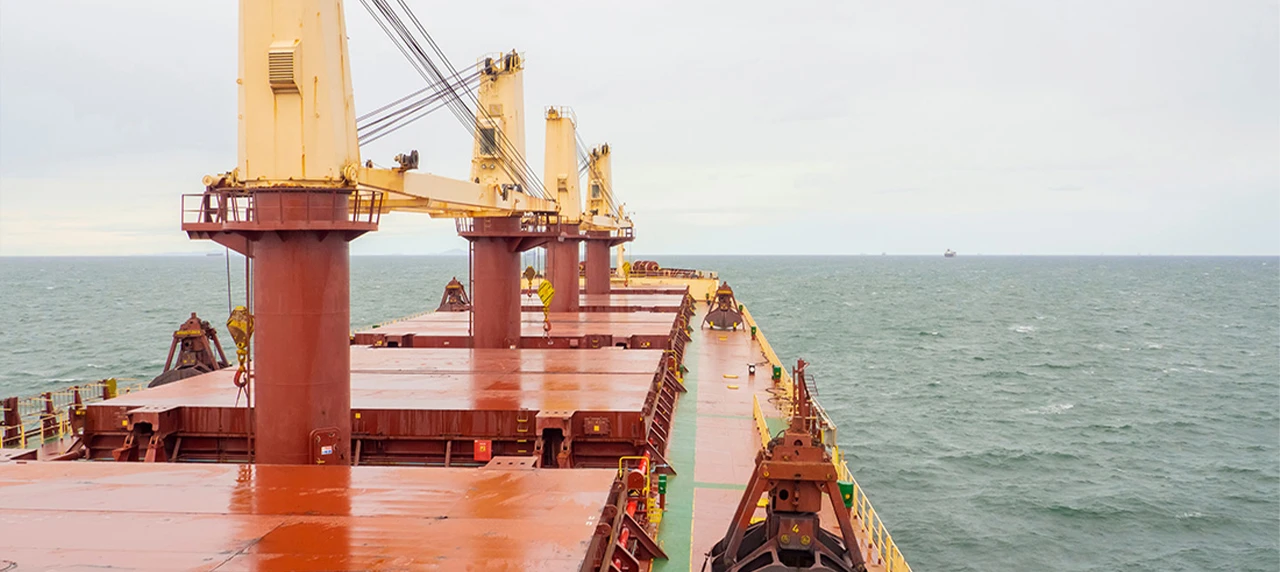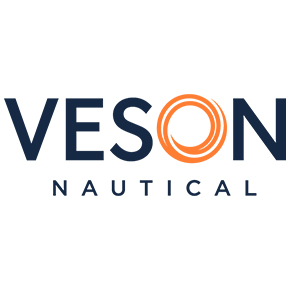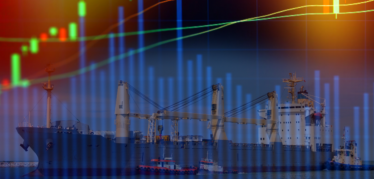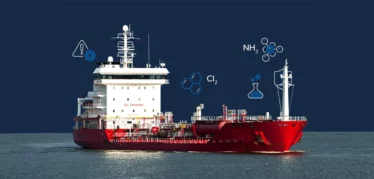Author: Tor-Arne Berger, Product Manager | Q88
It’s no secret that the commercial maritime shipping industry suffers from a glut of information, with over 100 million data points generated every single day. And yet, amid all of this data, there is a glaring scarcity of actionable insight. One of the chief impediments to the use of data to improve commercial shipping processes and outcomes is a lack of standardization, particularly when it comes to vessel data in the dry bulk space.
For years, the wet bulk space has benefitted from a unified vessel information standard. For wet bulk shipping stakeholders, this standardized information enables greater agility, comprehensive analysis, better decisions, and greater profitability. Originally, wet bulk’s standardized vessel information was driven by regulations that are focused on improving the safety of commercial shipping voyages and vessels.
But today, the impetus behind vessel information standardization has changed from one based primarily on compliance to one based on a variety of complex industry dynamics. These industry dynamics place new pressure on dry bulk stakeholders to make the best possible decisions.
Here are four key factors that have made access to standardized vessel information an imperative for dry bulk shipping.
- Rising operational costs
With rising costs and shrinking margins, operators simply have less room for error. The smallest oversight can have a major impact on the profitability of a voyage, eroding compressed margins that much further. As a result, guesswork and tribal knowledge around vessel particulars are no longer adequate. Instead, commercial maritime shipping decision makers require access to organized, high-quality vessel data that provides the level of detail and accuracy needed to identify every nuance that can impact profitability and make the best possible decisions.
- Evolving industry realities
The maritime shipping industry is rapidly evolving, and monumental topics like decarbonization, new sanctions, risk management, and other key realities are top-of-mind for all stakeholders—regardless of their cargo type. Each of these monumental topics has a relationship to vessel particulars—from inspection data, to certificate management, crew information, and more. The implications of these topics are significant, and the industry must address them in a manner that is standardized and coordinated.
- Widespread digital adoption
The adoption of advanced digital solutions—and the use of market data—have reached critical mass in all parts of the marine economy. As data-driven decision making becomes table stakes and easy data access becomes an expectation, standardization will naturally follow. Said differently, digital adoption is driving standardization in all areas of maritime shipping—and vessel information is no exception. Organizations that have not adopted the new, digital way of doing business will find themselves as a disadvantage.
- Deal chain complexity
As the voyage deal chain becomes ever-more complex, counterparty connectivity becomes ever-more critical. A single of source of truth supports greater coordination and visibility throughout the deal chain—and vessel information is a key area on which all deal chain participants rely. Deal chain complexity has the potential to degrade vessel data quality, leading to further data fragmentation. A unified standard can not only prevent this negative impact but actually streamline communication and collaboration at scale.
The standardization of dry bulk vessel information is inevitable. The good news is, there are things dry bulk stakeholders can do today in order to adapt and enhance their competitive advantage. Enter Q88 Dry. Delivered upon Q88’s track record in wet bulk information management and Veson’s deep knowledge of the dry bulk space, Q88 enables the dry bulk ecosystem to standardize vessel information in a highly scalable manner. With a central, cloud-based workspace that protects data integrity, provides real-time data access, reduces human error, and fosters cross-stakeholder collaboration, Q88 Dry empowers dry bulk stakeholders to climb aboard the data standardization voyage—a voyage that is already en route to its final destination.



 Chris Aversano
Chris Aversano

